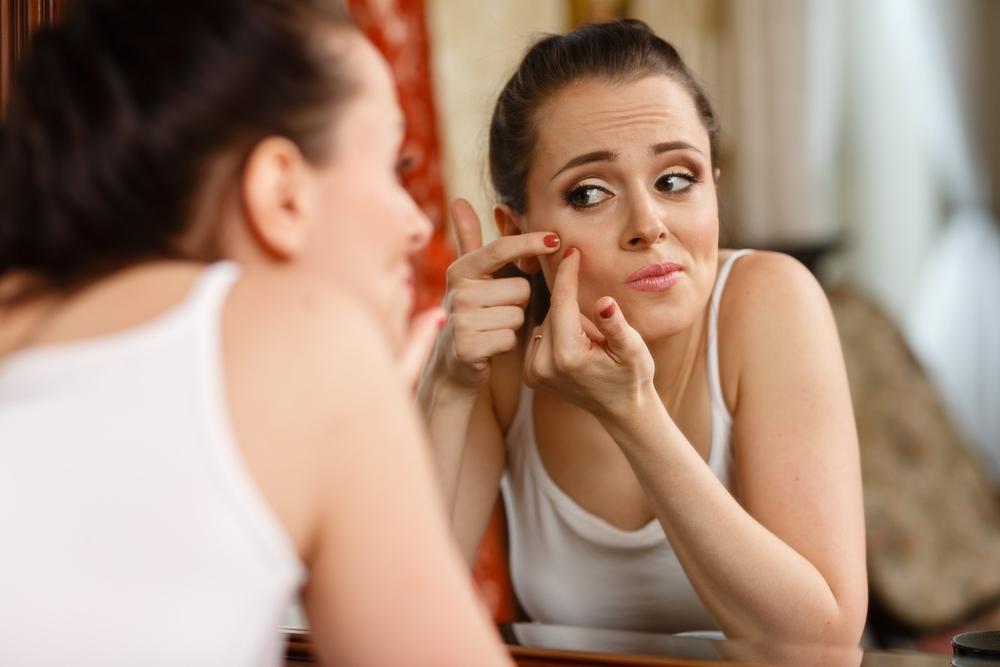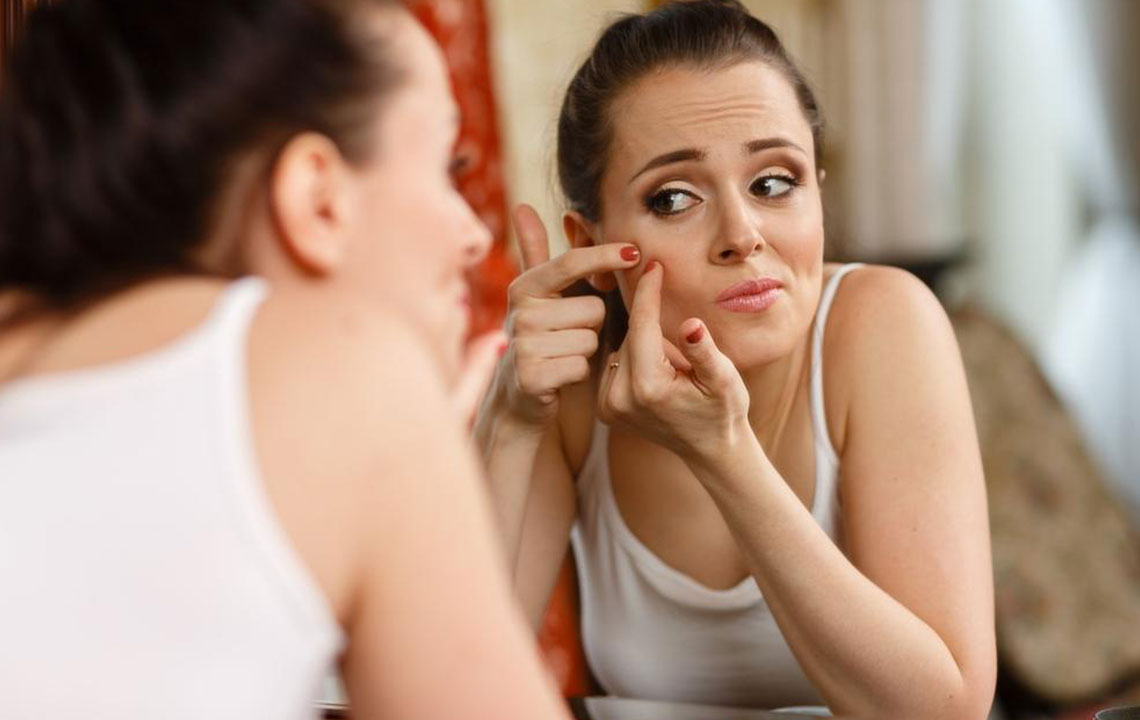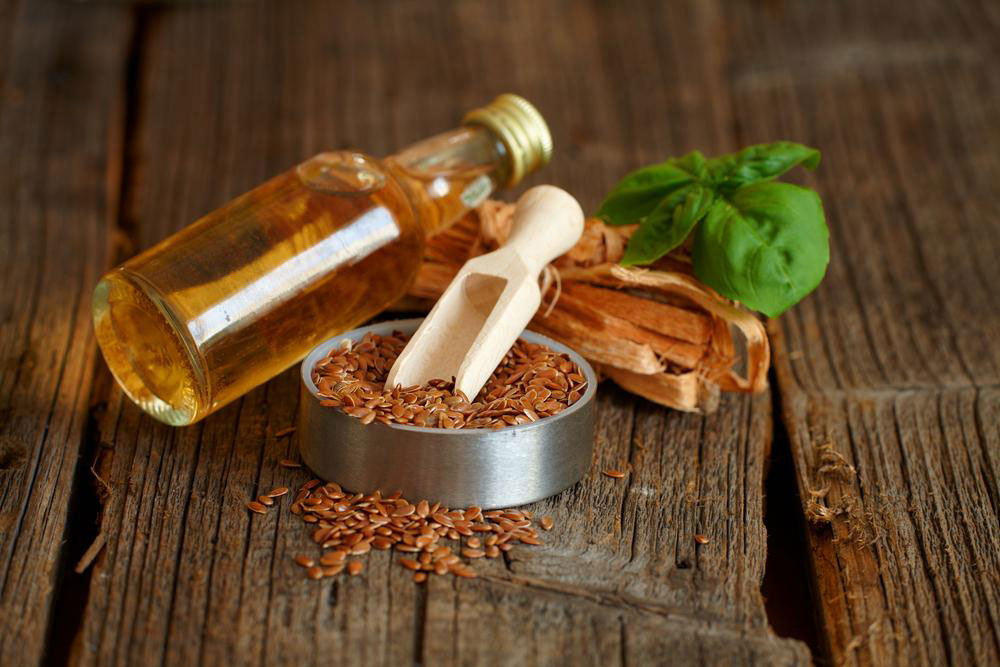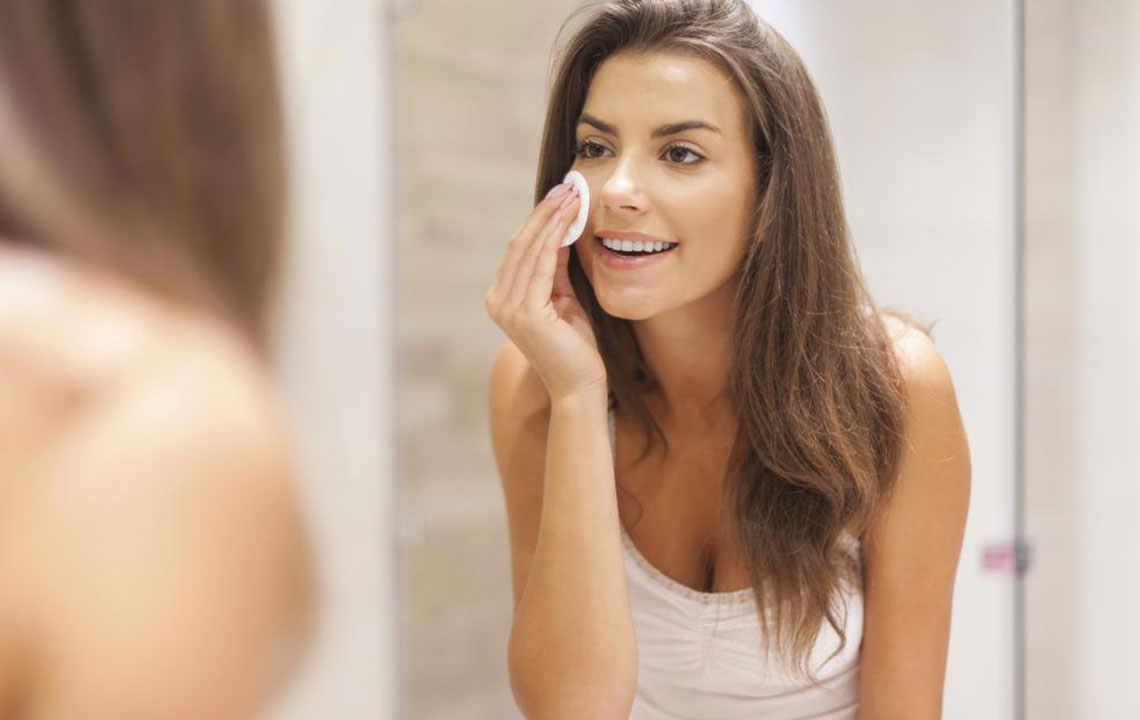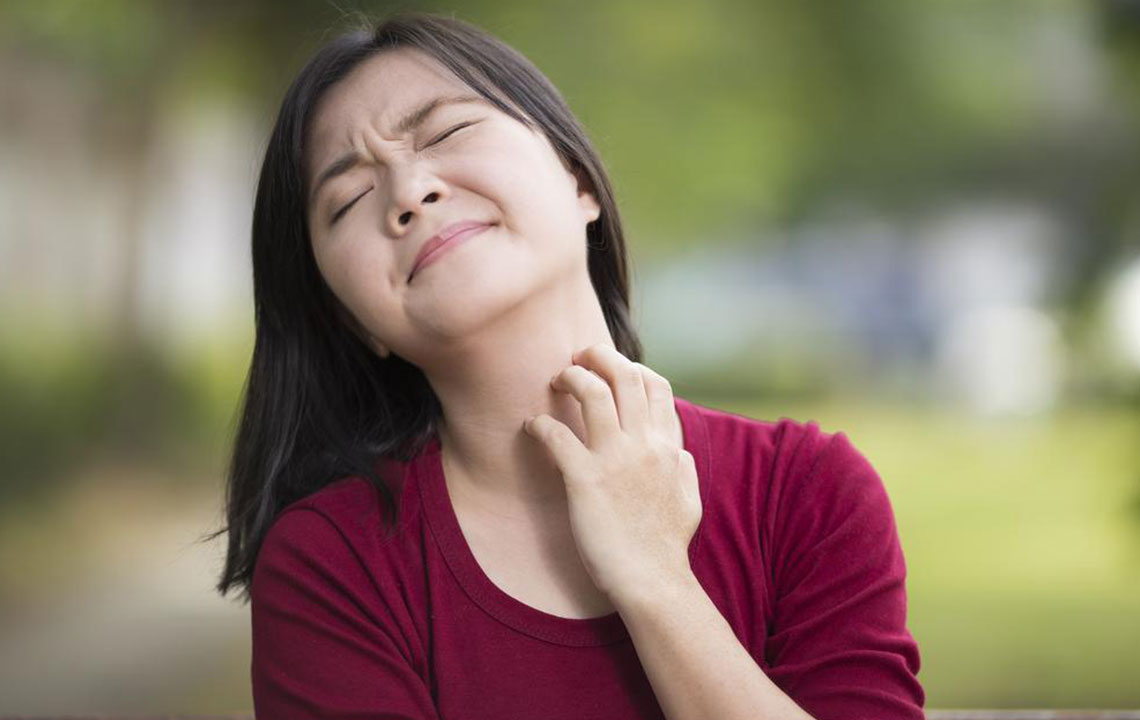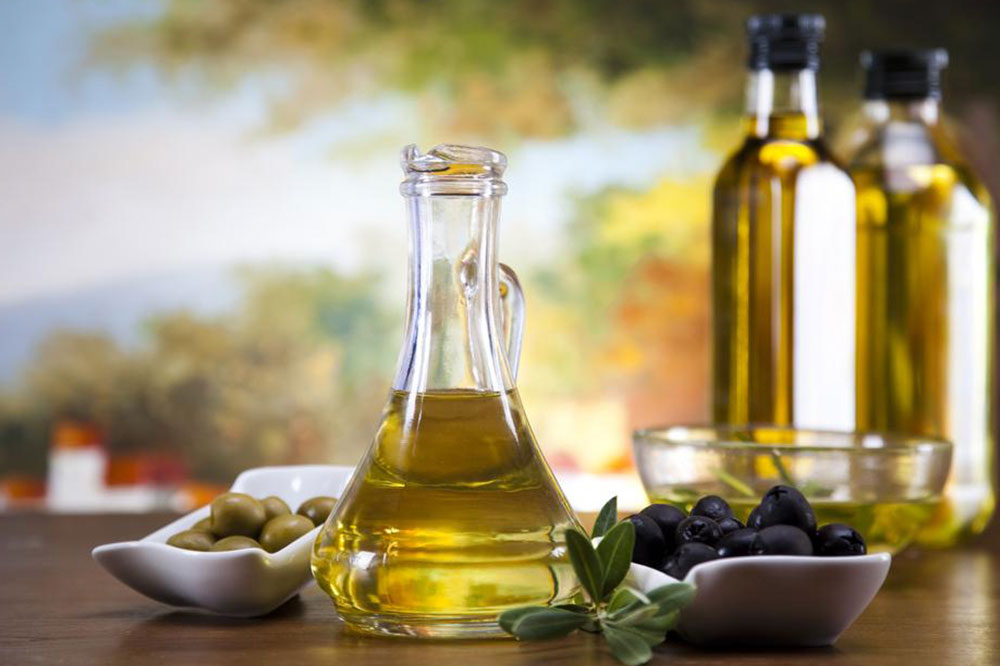Comprehensive Guide to Effectively Managing Adult Acne for Clearer Skin
Adult acne affects many, caused by hormonal changes, stress, and lifestyle factors. This detailed guide offers effective treatments, natural remedies, and lifestyle tips to help manage breakouts and achieve clearer, healthier skin at any age. Professional advice is recommended for personalized care and successful results.
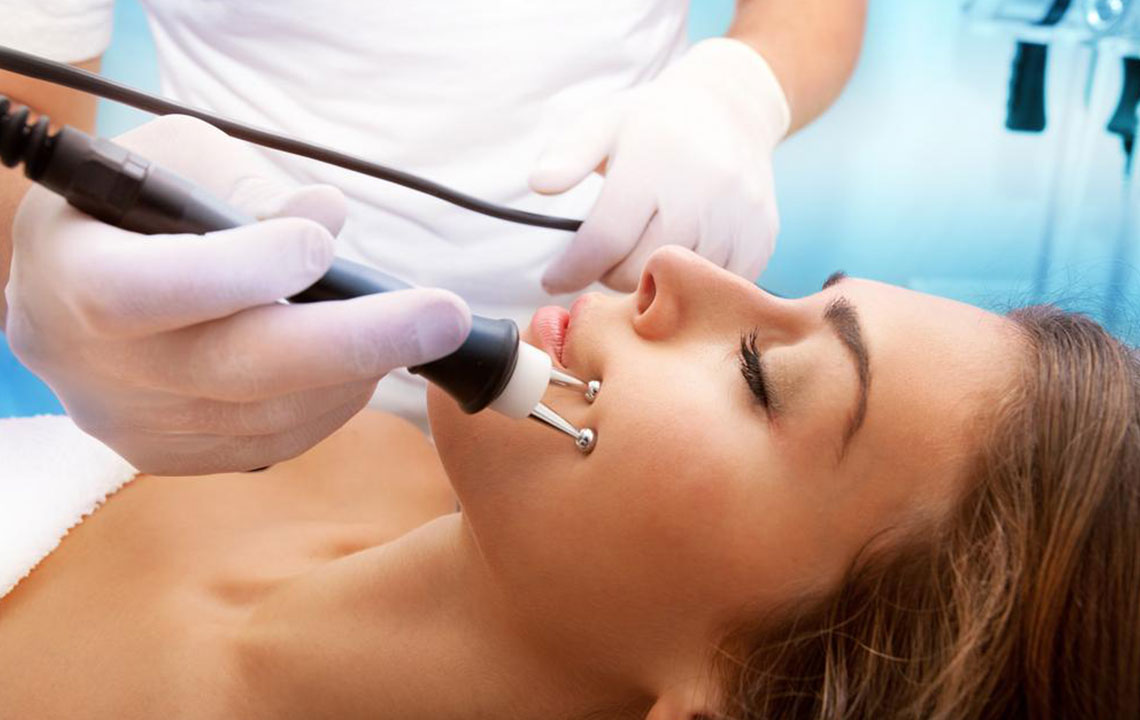
Comprehensive Guide to Effectively Managing Adult Acne for Clearer Skin
Acne is often associated with adolescence, but millions of adults continue to suffer from persistent breakouts well into their 30s, 40s, and beyond. Contrary to common belief, adult acne is a distinct dermatological condition that can have unique triggers and requires tailored treatment approaches. Recognizing the underlying causes and adopting effective management strategies is essential for achieving healthier, clearer skin. In this comprehensive guide, we explore various aspects of adult acne, including its causes, treatments, lifestyle adjustments, and natural remedies to help you regain confidence in your skin.
Although often considered a teenage problem, adult acne remains a significant concern affecting millions worldwide. Dermatologists emphasize that hormonal fluctuations play a central role in triggering adult acne, even in individuals who never experienced breakouts during adolescence. These fluctuations can result from a variety of factors including hormonal imbalances, stress, medications, and lifestyle choices. Investment in acne-specific skincare products has surged, with many adults seeking effective solutions to manage outbreaks and improve skin health.
Understanding the Causes of Adult Acne
Adult acne is caused by a complex interplay of biological and environmental factors. Hormonal fluctuations are the primary culprit, especially during significant life transitions such as menopause, pregnancy, or stress episodes. These hormonal changes stimulate sebaceous glands to produce excess oil, leading to clogged pores and acne formation. Additionally, menstrual cycles can cause cyclical breakouts, with breakouts worsening just before menstruation.
Other contributing factors include family history, skincare routines, use of certain medications, and lifestyle choices. Birth control pills, for example, can influence hormonal balance, sometimes aggravating or alleviating acne. Skincare products that are comedogenic or harsh can clog pores, while high-stress levels increase cortisol, encouraging excess oil production. Environmental factors like pollution and humidity further exacerbate skin issues.
Effective Topical and Medical Treatments
Managing adult acne often begins with topical therapies. Over-the-counter options contain active ingredients such as salicylic acid and benzoyl peroxide, which help reduce inflammation, unclog pores, and eliminate bacteria. These treatments serve as the first line of defense, though personalized dermatological guidance enhances success rates.
Retinoids, derived from vitamin A, are powerful agents for increasing cell turnover and preventing pore blockages. Prescription-strength retinoids like adapalene or tazarotene can be particularly effective. Combination therapies that incorporate benzoyl peroxide and topical antibiotics (e.g., clindamycin) help control bacterial growth and reduce inflammation.
For more stubborn cases, dermatologists may recommend advanced treatments such as chemical peels, laser therapy, or light-based procedures. Laser treatments can target sebaceous glands, which reduces oil secretion and promotes skin renewal. While these procedures can be highly effective, they tend to be more costly and require multiple sessions.
Balancing Diet and Lifestyle to Combat Adult Acne
Diet and lifestyle play crucial roles in managing adult acne. Eating a balanced diet rich in fruits, vegetables, lean proteins, and whole grains supports overall skin health. Reducing intake of refined sugars, dairy, and high-glycemic foods can help minimize breakouts. Many individuals find that limiting dairy products may lead to fewer skin eruptions, though individual responses vary.
Regular physical activity improves blood circulation, enabling nutrients to reach skin tissues more effectively and aiding in toxin elimination through sweat. Adequate hydration is equally important; drinking plenty of water helps maintain skin suppleness and flush out impurities.
Adopting gentle skincare routines—including regular cleansing with mild, non-comedogenic cleansers, and light moisturization—helps prevent pore congestion. Avoiding overwashing and harsh scrubbing protects the skin barrier. Incorporating stress-reduction techniques such as yoga, meditation, or deep-breathing exercises can significantly decrease cortisol levels that trigger excess oil production.
Natural and Home Remedies for Adult Acne
Many prefer natural remedies to complement or replace conventional treatments. Ingredients like honey, tea tree oil, and apple cider vinegar possess antiseptic and anti-inflammatory properties that can soothe skin and reduce bacterial growth. For instance, honey masks provide moisture and antimicrobial benefits, while tea tree oil diluted with carrier oils can be applied directly to active breakouts.
Exfoliating gently with natural scrubs such as brown sugar or oatmeal helps remove dead skin cells and prevent pore clogging. Probiotic supplements or topical probiotics are gaining popularity for restoring healthy bacterial balance on the skin, which can promote healing and reduce inflammation.
Maintaining proper salt intake and engaging in regular physical activity can also assist in controlling acne. Staying well-hydrated supports skin detoxification and tissue repair. Homemade masks infused with ingredients like aloe vera or turmeric can provide soothing relief and reduce redness.
Personalized Approach and Professional Guidance
Effective management of adult acne requires persistence and a tailored approach. Consulting with a dermatologist is essential to identify underlying causes and develop a comprehensive treatment plan. Combining topical therapies, lifestyle adjustments, and natural remedies often yields the best results. Patience is key, as most treatments take time before visible improvements occur.
With professional guidance, consistent skincare, and lifestyle modifications, adult acne can be effectively controlled. Achieving and maintaining clear skin is possible at any age. Embracing a holistic approach not only improves skin health but also boosts confidence and overall well-being.
